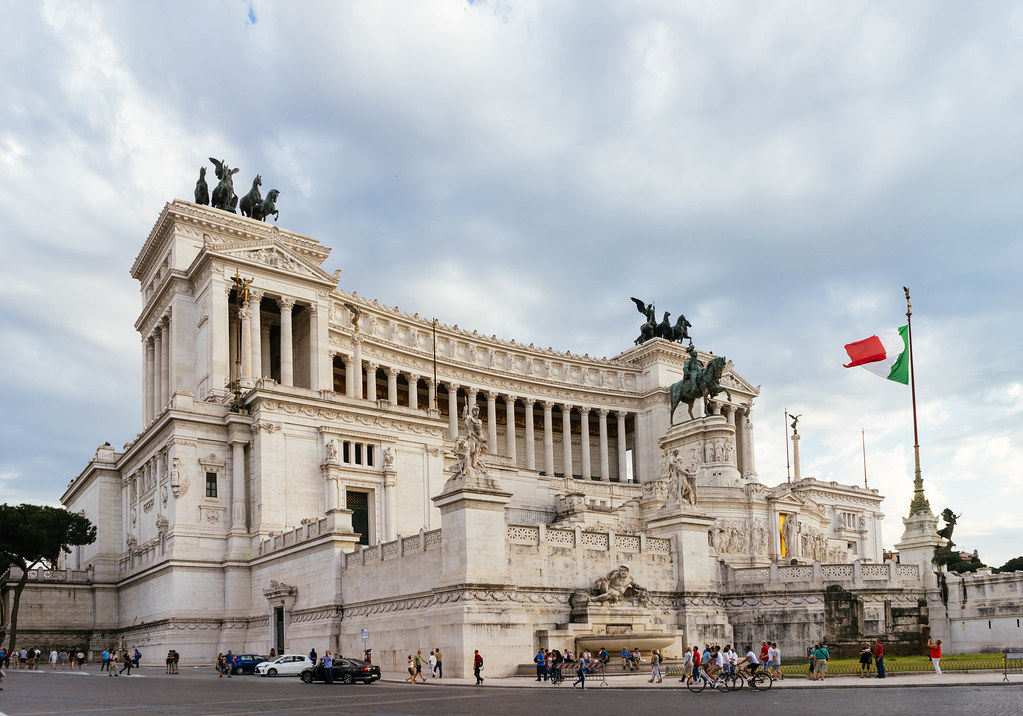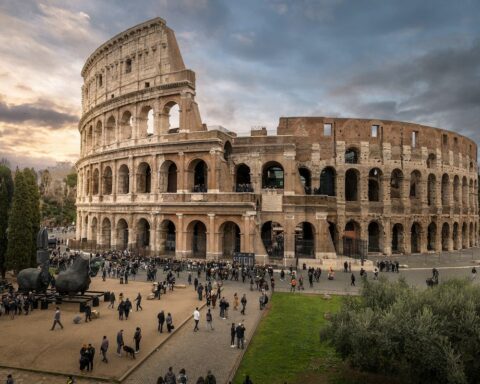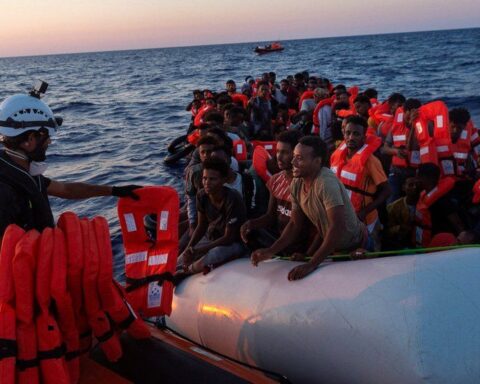ROME (Parliament Politics Magazine): In Italy’s presidential election’s first round of voting, the lawmakers and regional electors cast primarily blank ballots amid a political impasse on Monday.
During the first three rounds, a two-thirds majority is needed to win the election. Six hours after the session started on Monday, the lawmakers had cast 672 anonymous ballots.
With 16 votes, outgoing President Sergio Mattarella, who has stated repeatedly that he does not wish to run again, was among those who received support.
The election was called as he neared the end of his seven-year term.
A second round of voting is slated for Tuesday afternoon, but with further political meetings planned, it’s unclear that it will result in a resolution.
With neither of the two main blocs having sufficient votes for a bare majority, parties are scurrying to settle on candidates.
The vote for Italy’s 13th president will also set the tone for the next political elections, with the present legislative mandate expiring in 2023, and the recurring political wrangling over new electoral laws that will inevitably follow.
Although the presidency is mostly ceremonial, it still necessitates political savvy to guide Italy through its regular political crises.
In the event that the legislature loses its working majority, the legislation can be sent back to the Parliament by the president and can dissolve the legislature before the end of its term.
On Saturday, Silvio Berlusconi, former Prime Minister, withdrew his divisive presidential campaign. According to his office, the 85-year-old has been receiving testing at a hospital in Milan.
Mario Draghi, Italy’s current Prime Minister, is widely regarded as a popular contender for the position, although the concerns remain that the transition from PM to president could possibly lead to an early election.
Draghi, a former central banker and former head of the European Central Bank, assisted Italy in securing billions in European Union assistance to help the country rebuild its economy.
Although Draghi has stated that his duty is basically complete, some believe he should remain on to convince the EU that the monies will be used correctly.





